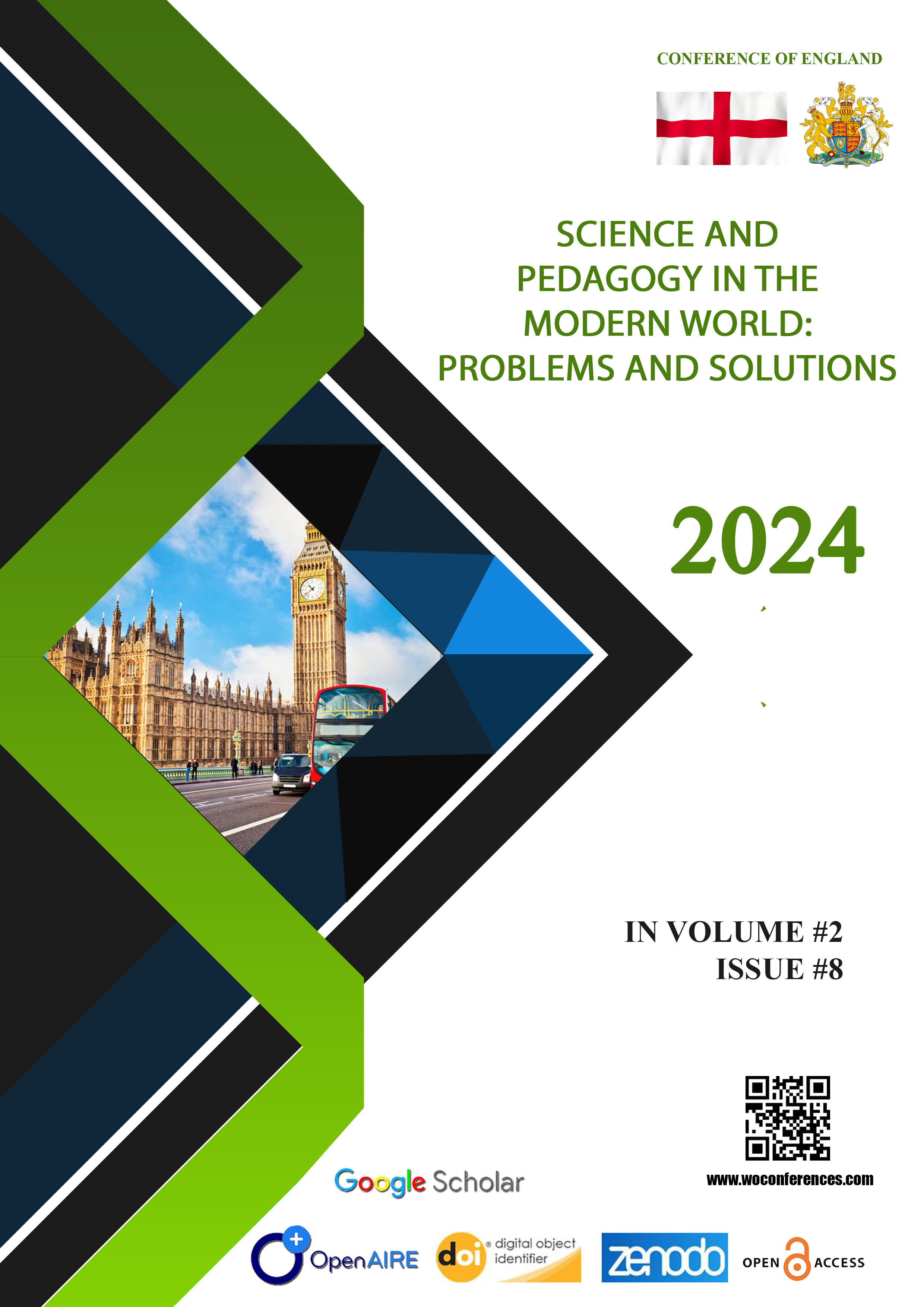DIGITAL REVOLUTION IN WRITING AS AN ASSET ON ACADEMIC GROUNDS
Abstract
The article studies the transformative impact of digital technologies on education, including writing, emphasizing generational discrepancies in the perceptions of computers. It also contemplates on the shift from traditional writing methods to multimodal learning and how digital tools enhance engagement and comprehension. The benefits and challenges of the digital revolution are discussed as well.
Keywords: digital technologies, writing, multimodal learning, education, computers, digital learning, educational revolution.
References
Luke Allan (2012). After the testing: Talking and reading and writing the world”, Journal of Adolescent and Adult Literacy, 56(1), pp. 8-13, p.9-10
Charles Bazerman (2011). Writing, Cognition, and Affect: From the Perspectives of Sociocultural and Historical Studies of Writing. Past, Present, and Future contributions of Cognitive Writing Research to Cognitive Psychology. Psychology Press. p.93
Jim Porter (2002). Why technology matters to writing: A cyberwriter’s tale. Computers and Composition 20 (2002) 375–394 Michigan State University, East Lansing, MI 48824, USA, p.376-377, 384-385.
Larsen-Freeman, D., & Anderson, M. (2013). Techniques and principles in language teaching (3rd ed.). Oxford University.
Reinders, H., & White, C. (2016). 20 years of autonomy and technology: How far have we come and where to next? Language Learning & Technology, 20(2), 143–154. https://doi.org/10125/44466
Kemp, S. (2020). Digital in 2020. Retrieved from https://wearesocial.com/digital-2020
Moshin, M. (2020). 10 social media statistics you need to know in 2020. Retrieved from https://www.oberlo.com/blog/social-media-marketing-statistics
Ali Dincer (2020). Understanding the Characteristics of English Language Learners’ Out-of-Class Language Learning through Digital Practices. IAFOR Journal of Education: Technology in Education Volume 8 – Issue 2 – 2020. p.49, Erzincan Binali Yildirim University, Turkey.









